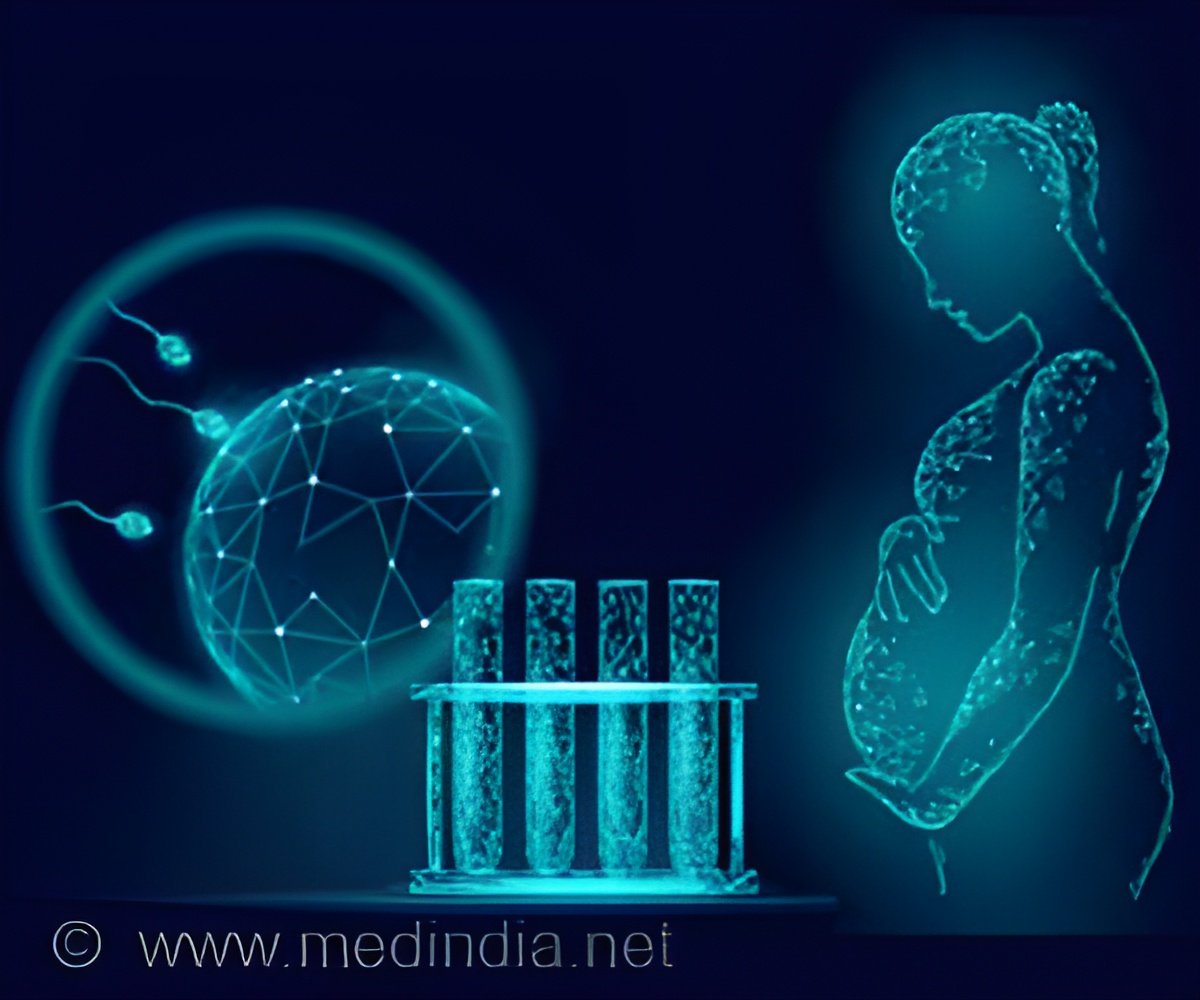The survey conducted in the UK, Australia, and New Zealand suggests add-on treatment of endometrial scratching might be offered for psychological reasons.

‘The use of endometrial scratching type of In vitro fertilization (IVF) treatment process has reduced over time, probably following studies that do not report that the procedure improves the chance of having a baby.’





Endometrial scratching is a technique in which a small scratch or tissue biopsy is made in the lining of the uterus before IVF.It has been suggested that injury to the lining of the uterus may somehow increase the chance of an embryo implanting, and therefore pregnancy. Issues include pain or discomfort and additional costs.
Initial studies suggested a potential benefit from endometrial scratching in IVF, especially in women with previous implantation failure. However, many of these studies were deemed to be of poor quality and had a high risk of bias in their design.
To find the real scenario, a new study anonymously surveyed 121 fertility specialists, embryologists, and fertility nurses, between October and December 2020. The study findings are published in the peer-reviewed journal Human Fertility.
Participants, from Australia (67%), the UK (25%), and New Zealand (8%), were asked about their views on the benefits of the procedure; their clinic’s policies or stance; as well as their thoughts on the advantages and disadvantages.
Advertisement
Only 10% of whom believe endometrial scratching improve pregnancy and live birth rates during the first round of IVF.
Advertisement
What also emerged from the survey is that almost all respondents agreed that pain or discomfort is a major disadvantage, while more than half viewed the cost, inconvenience, and adverse effects as further issues.
Researchers also noted that several limitations of the study, including the low response rate and that respondent with strong views about endometrial scratching (for and against) are more likely to complete the survey, which could limit the generalisability of the findings to all fertility care providers.
The survey was also restricted to three countries, so the findings might not be generalizable to other populations.
Source-Medindia















